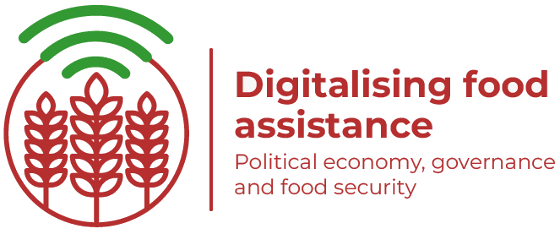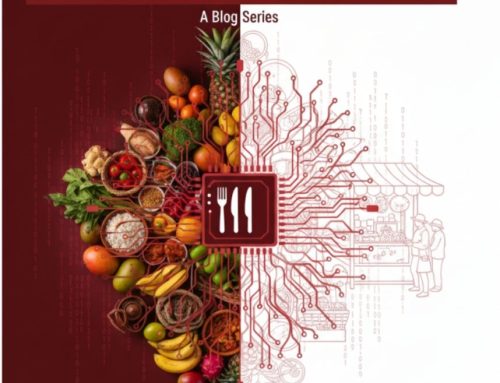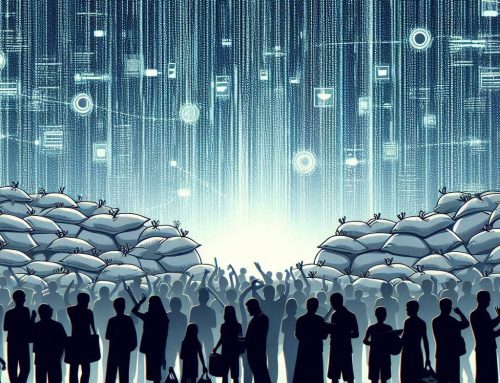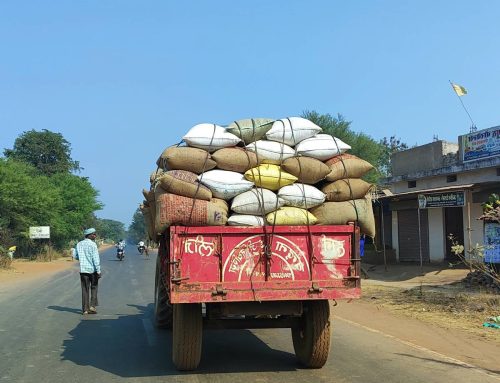Sudan’s catastrophe: the role of changing dynamics of food and power in the Gezira agricultural scheme
Authored by: Tamer Abd Elkreem, Susanne Jaspars
This article, originally published on 30 October 2024 by Disasters, explores the role of historical, political, and economic processes in understanding war and famine in Sudan after 2023. The focus is on Al-Gezira, the site of Sudan’s largest agricultural scheme. Using ethnography, interviews, and document reviews, the study analyses the Gezira irrigation project in three phases. First, the 1980s and 1990s, when patronage politics dominated its management. Second, the neoliberal strategies of the Gezira Scheme Act of 2005, which enabled Islamist profiteering while increasing vulnerability among farmers and labourers and tensions between them. Third, post 2018, when political movements used evidence of the scheme’s deterioration to call for revolution, but once achieved, previous tensions grew and have been manipulated during the war. Sudan provides an example of how decades of war and neoliberal economic strategies have led to a deeply-rooted, violent, and extractive political economy. This has been to the benefit of business and elites, leaving many to a life of precarity, exploitation, and hunger.




